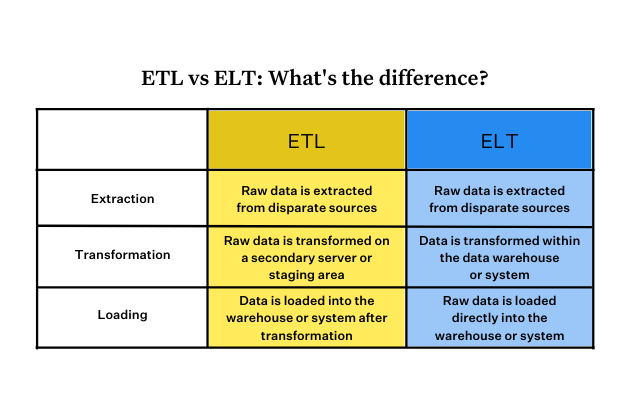What are Data Quality Analysts? We Analyzed 55 Job Postings

Ever since the advent of the database there have been data quality issues, and thus data quality specialists. Today, these specialists most frequently hold job titles such as data reliability engineer, data quality engineer, and data quality analyst.
What is a data quality analyst?
A data quality analyst is responsible for ensuring an organization’s data is accurate, complete, consistent, reliable, and accessible. They perform data audits, develop data quality standards, identify anomalies, and fix errors, playing a critical role throughout the data lifecycle. Their work is vital for maintaining strategic planning, operational efficiency, customer satisfaction, and regulatory compliance, preventing financial losses, decreased trust, and legal issues arising from poor data quality.
It’s a career that has evolved as fundamentally as the underlying data infrastructure that extracts, transforms, and loads data as it becomes insights and powers applications. That is to say it’s changed a lot.
Are data quality analysts still relevant with the emergence of new data pipeline monitoring technologies? How is their role evolving? How do they work with the broader data team?
To better understand these questions we analyzed 55 job postings on Glassdoor and combined them with the insights we have gathered from working closely with hundreds of data teams.
Let’s dive in.
- What is a data quality analyst?
- What does a data quality analyst do?
- Data quality analyst skills and tools
- Data Quality Analyst Salary and Prevalent Industries
- Career Progression and Future Demand
- Frequently Asked Questions
What does a data quality analyst do?
One item to note: we discarded about 25% of the data quality analyst positions listed from this analysis as they were primarily geared towards roles that focused on reviewing the results of manual data entry.
The salary, industry, and skill set for this subset of data quality analyst job descriptions were drastically different from the others listed that would be more fitting to someone with a traditional background in data.
The main responsibilities of a data quality analyst are to identify data quality issues (85% of job descriptions), resolve them (65%), and set service level standards for data quality (70%).
Some data quality analysts will be responsible for the entirety of the identify, resolve, prevent data reliability lifecycle, while others will pass off incidents to a team dedicated to resolving these issues.
A good description of these core responsibilities can be sen in an Amica Mutual Insurance job description:
- Responsible for creating and implementing an enterprise-wide Data Quality (DQ) strategy by working with business and technology partners to ensure alignment and dedication to objectives.
- Act as primary resource representing Data Governance team on assigned projects. Conduct data quality analysis and discovery efforts, resolve data integrity and data quality issues for major initiatives and ensure timely and high-quality delivery.
- Engage with stakeholders across the organization to identify data quality needs and requirements.
Other responsibilities included governance related tasks (40%) and maintaining data quality testing libraries (35%).
Data quality analyst skills and tools
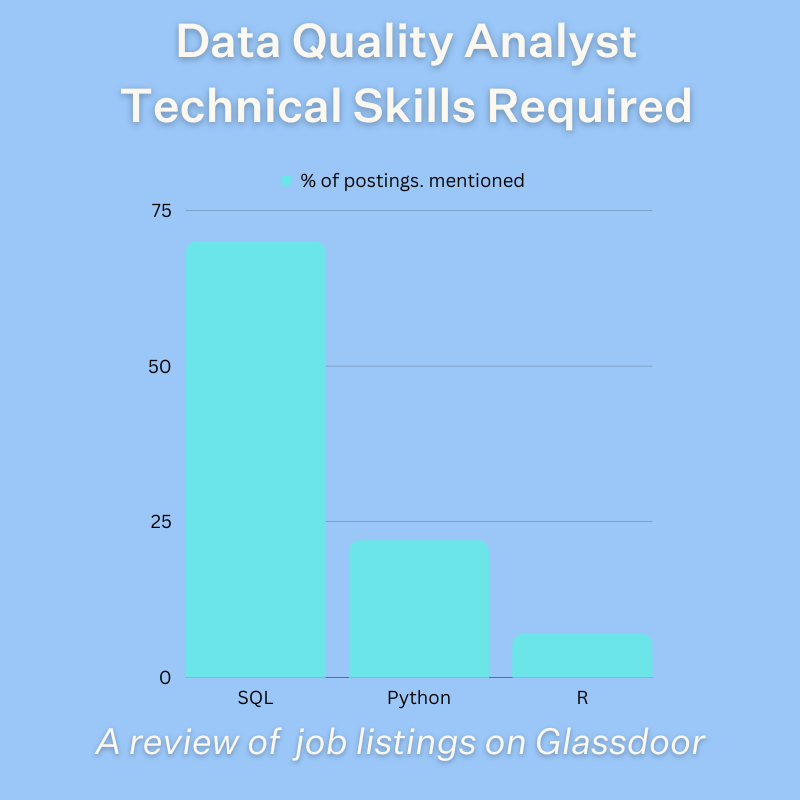
Like data analysts, data quality analysts must be skilled at separating meaningful trends and information from larger datasets. Specifically, the ability to analyze the overall direction of data quality (better? worse?) across multiple data sources, domains, and products as well as the drivers of those data quality issues.
Change management and soft skills like being able to work with multiple types of stakeholders are also crucial for data quality analysts to meet success. This is because the data quality analyst typically works as a “middleman” or liaison between the data consumers from whom they collect data quality requirements and the data engineering teams that need to build to those standards.
Data quality analysts are also expected to possess, or the ability to quickly acquire, subject matter expertise in specific tooling and industry data. Roughly 35% of job descriptions heavily emphasized setting up, configuring, or being the primary user of data quality related tooling while 20% emphasized that an understanding of a specific domain’s data (financial and public sector being the most common) was a preferred qualification.
Many postings did not contain descriptions of the larger data stack, but for those that did a little less than half described a modern data stack. The most common listed data solutions were Excel, Informatica, Tableau, Oracle, SAP, and Snowflake in that order.
Finally, the data quality analyst role is becoming more technical in nature. More than 70% of job postings mentioned SQL proficiency. Python (22%) and R (7%) were two other common programming language skill sets listed.
Data Quality Analyst Salary and Prevalent Industries
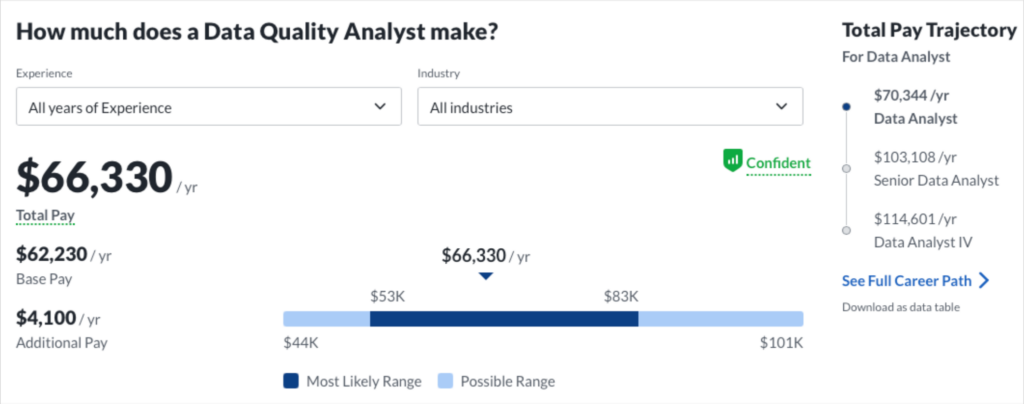
Source: Glassdoor.
The average data quality analyst makes about $66,000 a year according to Glassdoor. When removing the subsection of job listings looking for manual data entry quality control, that salary number increases to about $73,000 a year.
Listings for data quality analysts that mention a modern data stack infrastructure averaged about $89,000 a year.
Organizations with postings for data quality analysts ranged from having dozens of employees to more than 10,000. The age of the company wasn’t a particularly impactful variable either as both organizations established in 1638 (Harvard) and 2020 (Drata) had roles listed.
The industry that employs the most data quality analysts is financial services followed by information technology. Healthcare, manufacturing, and insurance were all well represented within the job listings as well.
Career Progression and Future Demand
According to Google Trend data, the heyday of the data quality analyst role was from 2004 to about 2007. Part of the decline may be due to emerging technologies and shifting roles as more data quality titles have started to appear with engineer rather than analyst appended.
However, there has been a resurgence of interest in the last two years both for data quality analysts and data quality specialists more broadly. The biggest drivers of this interest are:
- Data quality issues are prevalent in the modern data stack. Our research shows an average of 61 incidents a month;
- Teams are spending up to 40% of their workweek firefighting data quality issues;
- As data becomes more valuable, data downtime becomes more expensive; and
- The need to better establish ownership and SLAs across the data landscape.
For these reasons, the future of the data quality analyst career is bright. Data quality, afterall, is contextual to the use case. For example, the data powering a dashboard only needs to be as fresh as the dashboard is checked or the data powering a machine learning algorithm only needs to be as reliable as needed to avoid impacting the recommendations.
Gathering these data quality requirements and focusing on developing systemic solutions (like data observability) for more quickly detecting and resolving data quality solutions at scale are not exactly tasks that will be automated in the next few years.
Data quality analysts that can demonstrate a track record of improving data quality and a knowledge of the latest technologies will be in high demand for the foreseeable future.
Frequently Asked Questions
What do data quality analysts do?
Data quality analysts ensure data is accurate, complete, consistent, reliable, and accessible. They perform data audits, develop data quality standards, identify anomalies, fix errors, and engage with stakeholders to understand data quality needs and requirements. They play a critical role throughout the data lifecycle to maintain strategic planning, operational efficiency, customer satisfaction, and regulatory compliance.
How do I become a data quality analyst?
To become a data quality analyst, you typically need a background in data analysis, proficiency in SQL, and familiarity with tools like Excel, Informatica, Tableau, Oracle, SAP, and Snowflake. You should also develop skills in data auditing, quality standards, anomaly detection, and error resolution. Knowledge of programming languages like Python and R is also beneficial.
What is the difference between a data analyst and data quality analyst?
A data analyst focuses on extracting insights and trends from data to support decision-making, while a data quality analyst ensures the data used is accurate, reliable, and consistent. Data quality analysts work more on identifying, resolving, and preventing data quality issues, whereas data analysts focus on analyzing and interpreting data.
What is the career path for data quality analysts?
The career path for data quality analysts can progress to roles such as data quality engineer, data reliability engineer, or data governance lead. They can also transition into broader data management roles or specialize further in areas like data observability. Demonstrating a track record of improving data quality and knowledge of the latest technologies is crucial for career advancement.
How much does a data quality analyst make in the US?
The average salary for a data quality analyst in the US is about $66,000 per year. For roles involving a modern data stack, the average salary increases to about $89,000 per year.
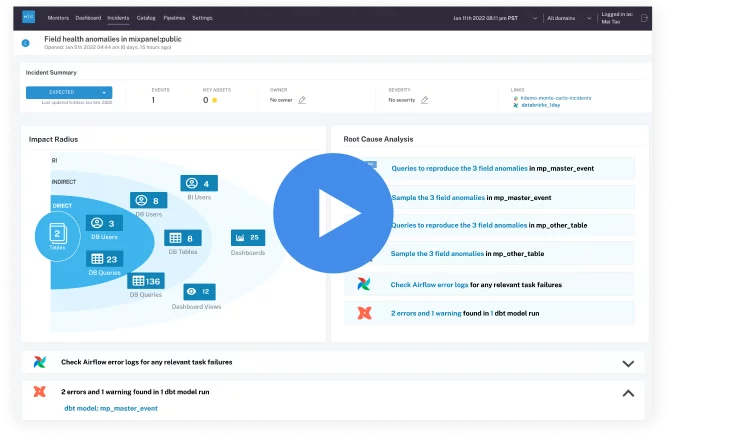 Product demo.
Product demo. 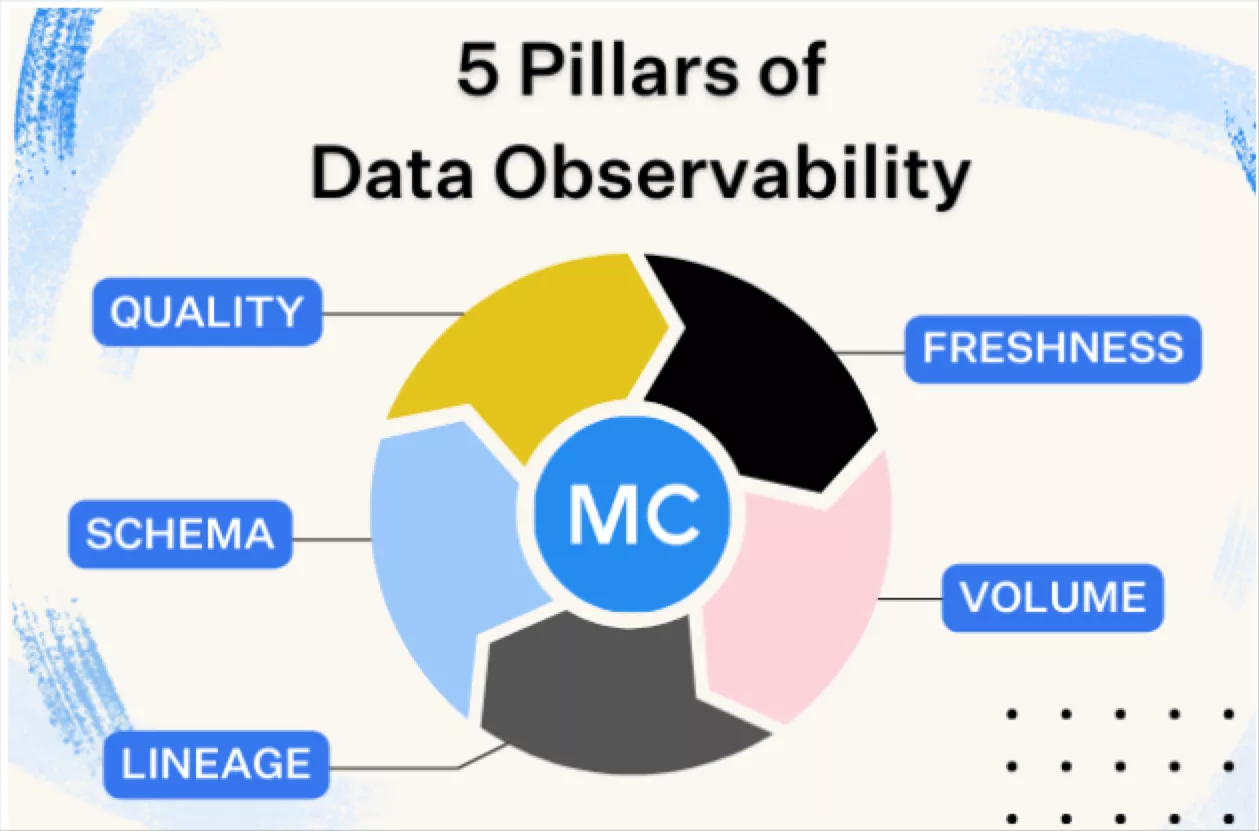 What is data observability?
What is data observability? 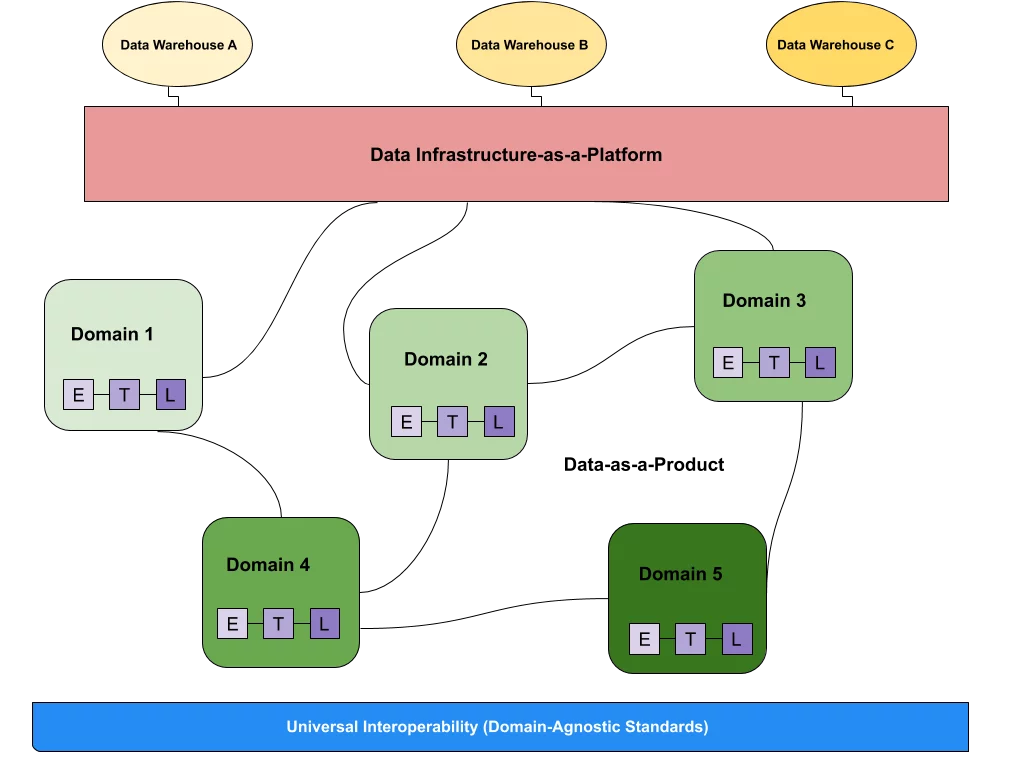 What is a data mesh--and how not to mesh it up
What is a data mesh--and how not to mesh it up 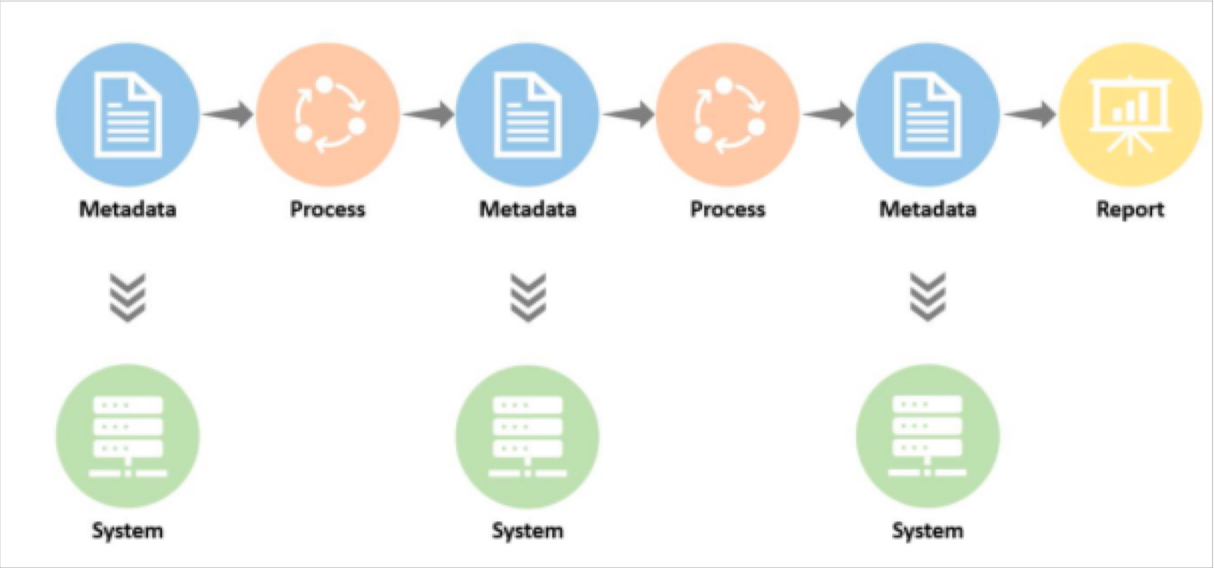 The ULTIMATE Guide To Data Lineage
The ULTIMATE Guide To Data Lineage 
